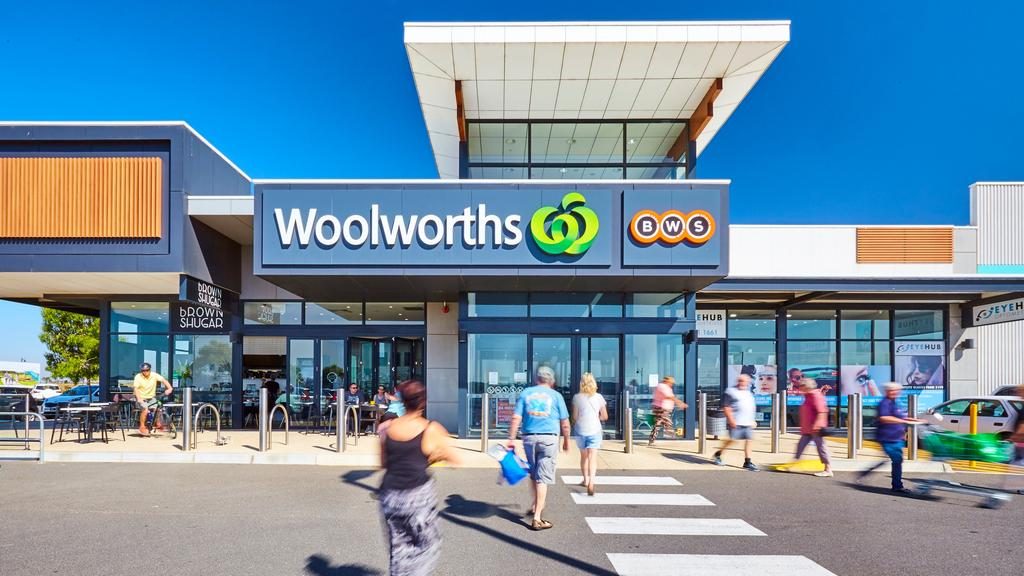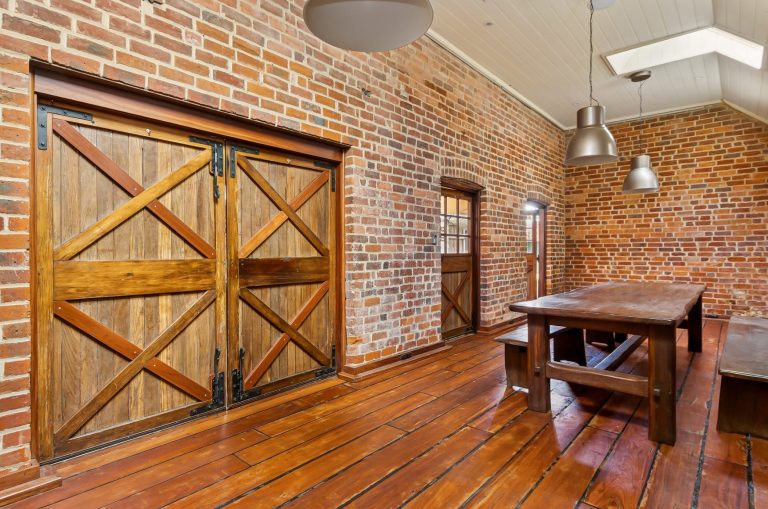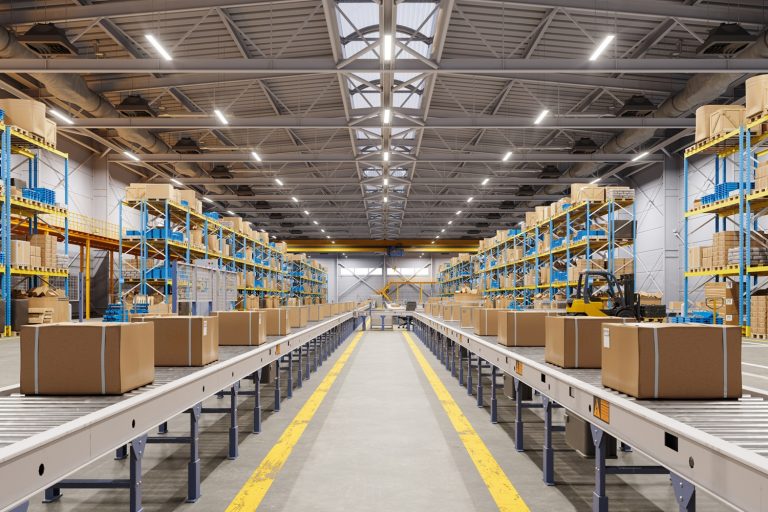Coronavirus: Tech retailers pour money into bricks and mortar

As consumers move to a virtual world, tech companies move to the real world.
While overall it is negative, there are people and companies making money and taking advantage of the upheaval. In the US, investor Carl Icahn made $US1.3 billion betting on the downfall of shopping centres in the first six months of the year (‘the big mall short’) by taking a short position on commercial mortgage backed securities.
Locally, trouble for shopping centres has been good news for industrial property. Supermarkets and large format retailers are doing pretty well as people stay home more, eat out less and become far less social. Perhaps the most interesting development in recent times is Amazon’s move into bricks and mortar.
Amazon’s success selling online is putting Jeff Bezos on track to become the first trillionaire, and COVID-19 is helping this trajectory.
Interestingly, Amazon is becoming less virtual and more ‘real world’ with a greater focus on physical space. Amazon’s first major purchase was the US premium supermarket Whole Foods. This was followed up by Amazon Go, smaller scale supermarkets with no checkout operators or self-service tills.
Last week, the first Amazon Fresh supermarket opened, a hybrid mix of digital and physical shopping aimed at a broader market than Whole Foods.

Amazon is expanding its physical property holdings. Picture: realestate.com.au
Amazon wants to dominate the grocery market, both online and in store, taking on Walmart in the process. Closer to home, Amazon Australia announced on Friday an agreement with Myer to allow for pick-up of Amazon deliveries at Myer stores.
The second interesting move from Amazon is their expansion into physical offices, investing more than $US1.4 billion in the new offices to accommodate more than 3500 workers.
This includes 2000 jobs in a New York building that was previously a department store. As questions surround the viability of office space and more people are expected to work from home long-term, it is an interesting move for a tech company.
Meanwhile, Walmart announced it is teaming up with Microsoft to buy TikTok – the delineation between the virtual and real world continues to scramble.







